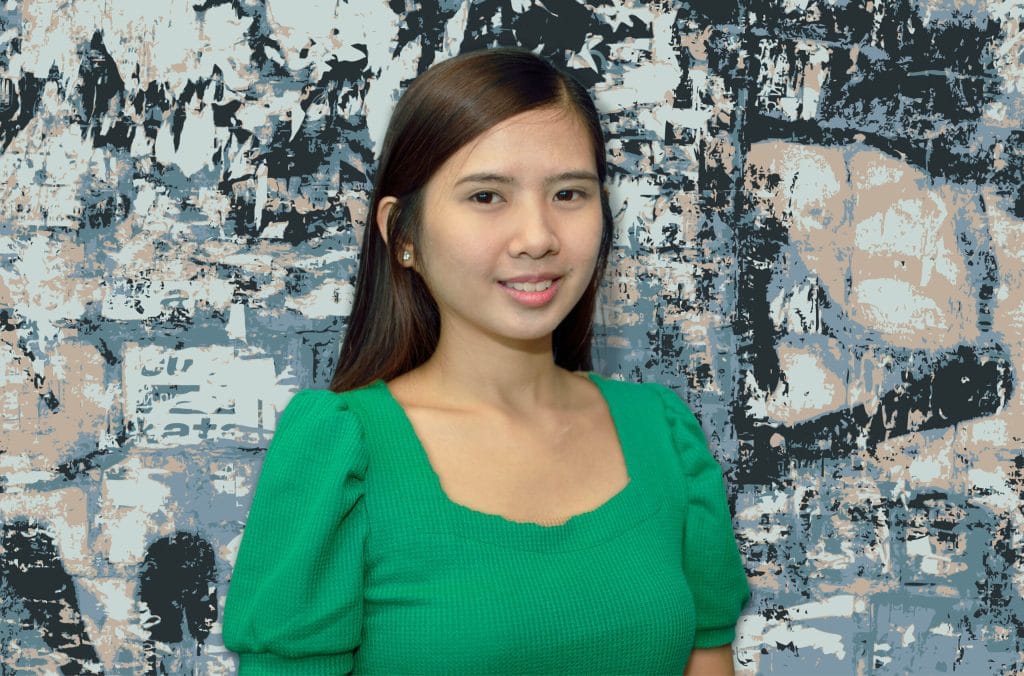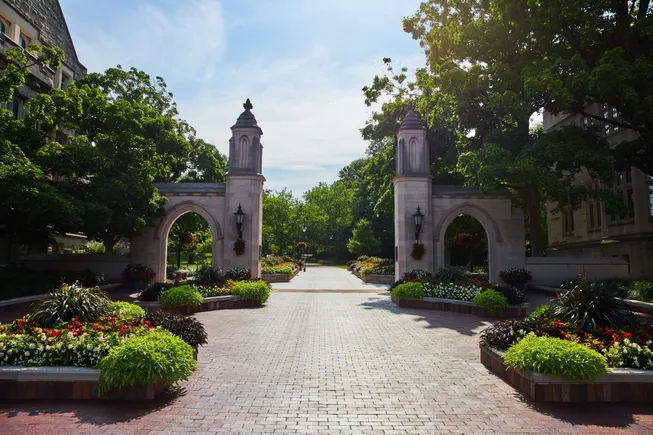
International Development Research Award winner Ria Jhoanna Ducusin spent more than a year in coastal cities in the Philippines, studying how communities cope with flooding. A PhD candidate in Geography at York University, she spoke to us about her research.
Q: You recently completed your field research in the Philippines. Could you describe the nature of the fieldwork you conducted there?
A: I recently completed 14 months of ethnographic fieldwork in Bacoor and Rosario, Cavite, which are rapidly urbanizing and industrializing coastal cities in the Philippines that experience frequent flooding. Grounded in feminist political ecology and the political economy of local urbanization, my research examines how ecological conditions and socio-political dynamics create and shape flooding in these cities, while also exploring how intersecting factors such as gender and class contribute to disparities in flood-related and food system risks.
I conducted my fieldwork in two phases, four months apart, using a combination of participant observation, in-depth interviews with residents, key informant interviews with local government officials, and household surveys. My goal was to understand how communities experience and respond to recurrent flooding, particularly how they navigate state policies, manage resource constraints, and rely on informal governance structures. I was particularly interested in how residents develop their own adaptation strategies, often drawing on informal networks, and how these local responses interact with broader urban expansion and flood mitigation efforts.
Beyond examining everyday survival practices, my research critically examines how urban expansion and state-led interventions can reinforce existing socio-economic inequalities. Through this work, I highlight the need to integrate grassroots perspectives into policy discussions to ensure more just and inclusive responses to flooding and urban development in rapidly changing coastal cities.
Q: What was a key highlight from your fieldwork experience?
A: One of the most meaningful moments from my fieldwork was witnessing how communities create their own flood response strategies in the absence of reliable government support. In one flood-prone neighborhood, I met a group of women who had developed an entirely informal early-warning system based purely on neighborhood observations, word-of-mouth, social media postings, and Facebook messaging. Similarly, in another barangay (administrative district), local tricycle and pedicab drivers served as real-time flood monitors. They provided updates on rising water levels and road conditions through group chats. Their constant movement through the area made them valuable sources of information, especially for those who needed to evacuate quickly. Without any official guidance or resources, they depended on each other to track water levels, share updates, protect essential belongings, and help families relocate to safer ground. What stood out to me was how this system was built on trust, local knowledge and mutual aid rather than any structured intervention. There were no set protocols, technologies or external funding. It was just a collective effort to protect one another in a crisis. Seeing this first-hand reshaped how I understand adaptation, not just as technical solutions but as deeply social and political processes shaped by lived experiences.
Q: What aspects of your experience did you find most surprising, and what were the greatest challenges you faced?
A: One of the most surprising aspects of my research was how deeply flooding had become normalized. Many residents no longer saw it as a crisis but as an unavoidable part of life. Families instinctively elevated furniture, built makeshift barriers, and even created informal waterways to redirect floodwaters. These practices were improvised, passed down through experience, and adjusted with each flood. Even more striking was how governance failures often worsened vulnerabilities. Some flood-control projects displaced water into unprotected areas, while drainage systems frequently failed due to inadequate maintenance. In many cases, officials downplayed the issues or shifted responsibility onto residents, particularly those in informal settlements, for improper waste disposal, rather than addressing the broader political and economic factors that contributed to these risks.
Navigating political sensitivities and gaining community trust were among my greatest challenges. Many residents were skeptical due to past experiences with researchers who extracted information without meaningful action. Building trust required time, active listening, and ensuring their voices contributed to broader discussions on flooding.
Q: What are your next steps, and how do you plan to build on this fieldwork experience?
Building on my fieldwork, my immediate next steps involve writing my dissertation, where I will analyze and contextualize my findings within broader discussions on feminist political ecology, critical disasters and urban geography. At the same time, I plan to develop academic publications and conference presentations to share my research with scholars working on similar issues. Engaging with these academic communities will help refine my analysis, spark new conversations, and contribute to broader discussions on flooding, governance and urbanization in coastal cities.
Beyond academic dissemination, I intend to work with local organizations, advocacy groups and disaster risk reduction networks to strengthen community-driven solutions. Many residents I worked with have developed informal but highly effective adaptation strategies that are often overlooked in formal planning. I hope to create spaces where their insights are recognized and shared more widely. My goal is to ensure that their knowledge informs policy discussions in meaningful ways and helps bridge the gap between lived experience and decision-making processes.








